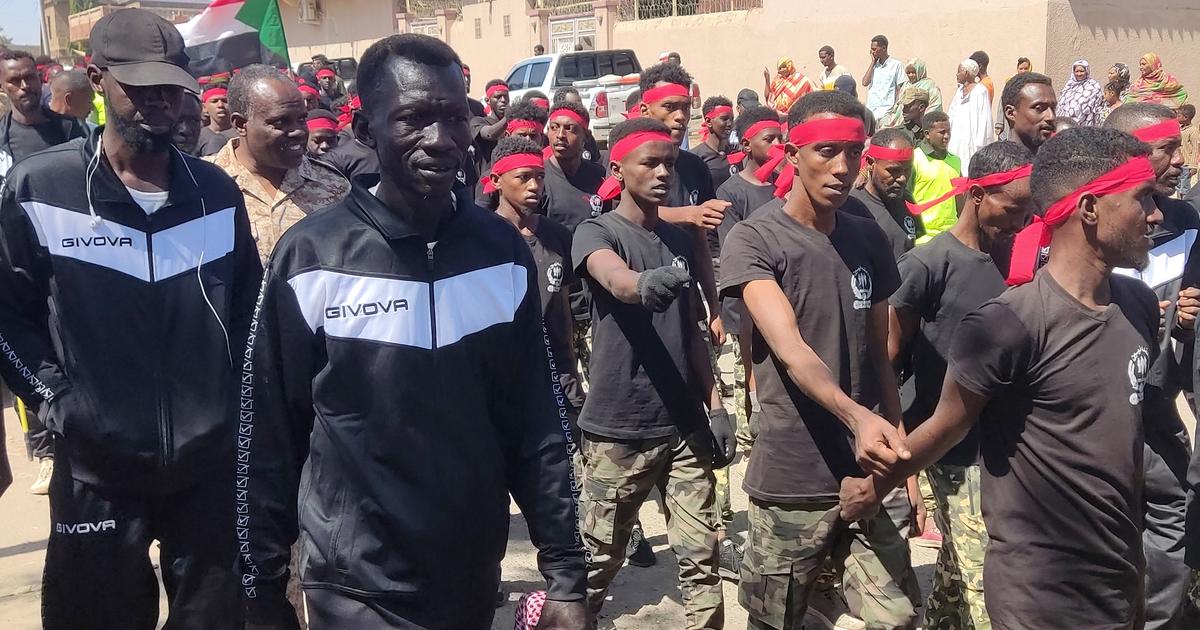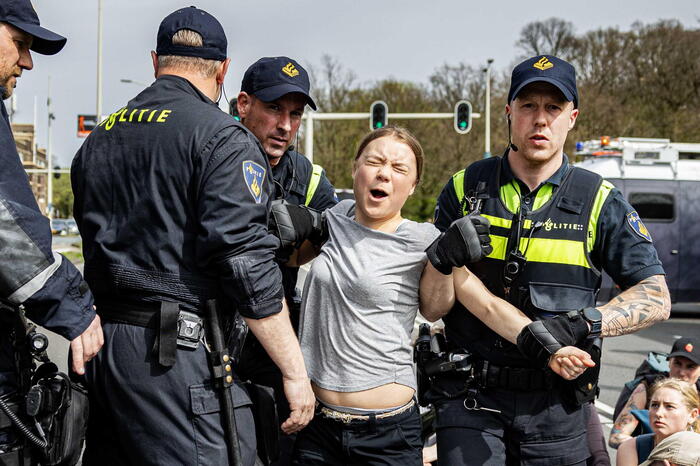Enlarge image
Uli Mans wanted to live abroad right after graduating from high school
Photo: Private
Many people dream of living far away, but few actually make those dreams come true. What drives you? How do you make a fresh start abroad? This is what the book "Lunch Break on the Mekong" by SPIEGEL editors Kristin Haug and Verena Töpper is about. You have collected stories from Germans in 28 countries on six continents. This text is an excerpt from her book, which was published last year.
'I followed my wife abroad.
Already three times.
Unfortunately, men who do this are still in the minority.
Expat husband circles are often small and it takes a while to get your bearings.
The expat wives, on the other hand, are well organized, they meet quite often.
My wife is a Dutch diplomat and works for the Dutch Ministry of Foreign Affairs.
When we met, I was working for The Hague Center for Strategic Studies in Holland, advising companies and NATO on crisis regions.
We were together for just six months, then my wife was supposed to start a job abroad.
She had received a list of eligible countries from her employer.
It was clear to me at the time that I would go with them.
But I had one condition: I had to be able to earn money in the country to which she was sent.
I wouldn't have gone along with it just like that, going somewhere without working.
In our circle of friends there are many partners who at some point gave up looking for work abroad.
It can be difficult to get a job, and an expat salary is usually enough for both.
Many then engage in volunteer work.
But it was always clear to me: work and career are fun and very important to me.
Not working – that would not fulfill me in the long run.
From the village in the Black Forest to the Sudan
At that time, my wife and I considered together where she could accept a position.
And we also decided together: in Sudan.
I knew the capital from my work, found the country exciting, and I knew I could continue to work as a consultant for NGOs or the UN from there.
I also wanted to use the time in Sudan to start my doctoral thesis on renewable energies.
I grew up in a village in the Black Forest and wanted to get out of Germany as soon as I finished school.
That's why during the last school year I was more concerned about a stay abroad in New Zealand than about my grades.
For the work visa, I had to prove from Germany that no New Zealander could do the job I would do: explaining to tourists in German how to drive a mobile home in left-hand traffic through the country. I did that for a year. Mainly out of curiosity and a thirst for adventure, of course, but also a little bit to prove to myself that I could stand on my own two feet.
After doing community service in a youth hostel in Koblenz, I moved to Holland because there were already a number of courses there in the 1990s that could be studied at least partly in English.
The English-language course was important to me because I knew that with a degree like that I would certainly be able to work abroad later.
I chose development aid, focused on African countries and wanted to spend as much time abroad as possible.
Because the course didn't have an exchange program with African universities, I simply worked on one myself with two fellow students.
We contacted an agricultural university in Uganda – and then flew there as the first participants in our program.
Later, during the civil war in the Congo, I wrote my thesis under the protection of the UN.
Luckily nothing ever happened to me in the crisis region.
Only once did I narrowly escape being kidnapped: I was walking on foot and was stopped by someone in police uniform.
The guy wanted to see my passport and then immediately snatched it out of my hand.
I had to get into a car and the man and his accomplice, who had a Kalashnikov, drove me around Kinshasa for 20 minutes.
They accused me of being a spy.
Eventually, luckily, they lost interest in me, I was allowed to get out and got my passport back.
A security guard outside the door 24 hours a day
In 2008 I moved to Sudan with my wife, we lived there for three years. For expats with a diplomatic license plate on their car, life there is fairly unproblematic. We had a house with a garden and a security guard outside the door 24 hours a day. My wife got pregnant during this time. We flew back to Holland for the delivery – and when our daughter Cleo was ten weeks old we returned to Khartoum. She learned her first steps there before we left for Europe again in 2011.
My wife took a sabbatical to finish her doctoral thesis and we moved to Berlin – this time for my career because I wanted to work on the energy transition there.
That also worked: I was able to write part of my doctoral thesis as an employee of the Institute for Transformative Sustainability Research (IASS) in Potsdam.
After a year and a half in Berlin, my wife was ordered back to The Hague, and I went with her again.
We now had two children and took turns looking after them.
Division of labor has always been important to both of us.
I needed a job again in The Hague – I found one at the university, where I was able to help build an innovation team.
It was about leading the university into the future, for example with online courses, artificial intelligence and virtual reality.
We stayed in The Hague for four years, then we wanted to go abroad again to show our children more of the world as early as possible.
Back then, in 2016, my wife applied to Ankara, Pretoria and Tehran, but unfortunately that didn't work out.
Then a vacancy came up in Washington – that's what happens when a colleague unexpectedly leaves his post – and we accepted.
However, we had to move within three months.
I always wanted to earn my own money
My wife flew out and I stayed in The Hague with my two children until the school holidays. At the time, my employer, the University of Leiden, allowed me to work from abroad for a year. In Washington, I got a job as a political advisor for the EU in 2018. Another year later I received the offer to work as an innovation expert for the Dutch Ministry of Economic Affairs at the embassy. So I was able to take advantage of three career opportunities in three years and was able to experience a lot of Washington's political scene.
I always wanted to earn my own money and have been able to try out a lot because of the many moves.
I've always managed to find interesting work abroad and have been able to build my own career - even if I started out as a volunteer for a few months unpaid somewhere, such as an unpaid consultant for NGOs in Sudan or as a volunteer at the IASS in Potsdam.
But of course it's not that easy to make a career at one location when you change countries every few years.
I might have been able to run an NGO in Sudan or advance through university in The Hague, but I moved before any career advancement could come.
Every four years I have a discussion with my wife about where we could – and want to – move. She's wanted to go to Moscow a couple of times, but I don't see many career opportunities there in my field of work. My wife has also had offers in Ethiopia and Vietnam, but the partners there don't get a work permit.
Our time in Washington ended in 2020. We could have gone to Madrid but decided against it because of the kids.
They are now eight and ten years old and we wanted to give them a clear base when they were young: The Hague
.
We bought a house there a few years ago, and we definitely want to live there for the next four years, and then my wife's career merry-go-round will spin again.
But maybe it will be eight years this time before we go abroad again.
Because as soon as we came back from the States, I started the national innovation program for quantum technology - a great career step and definitely a lot of work until 2028.«








/cloudfront-eu-central-1.images.arcpublishing.com/prisa/E3I6SSZZQ6W6BXIAXV5VG36JCY.jpg)





